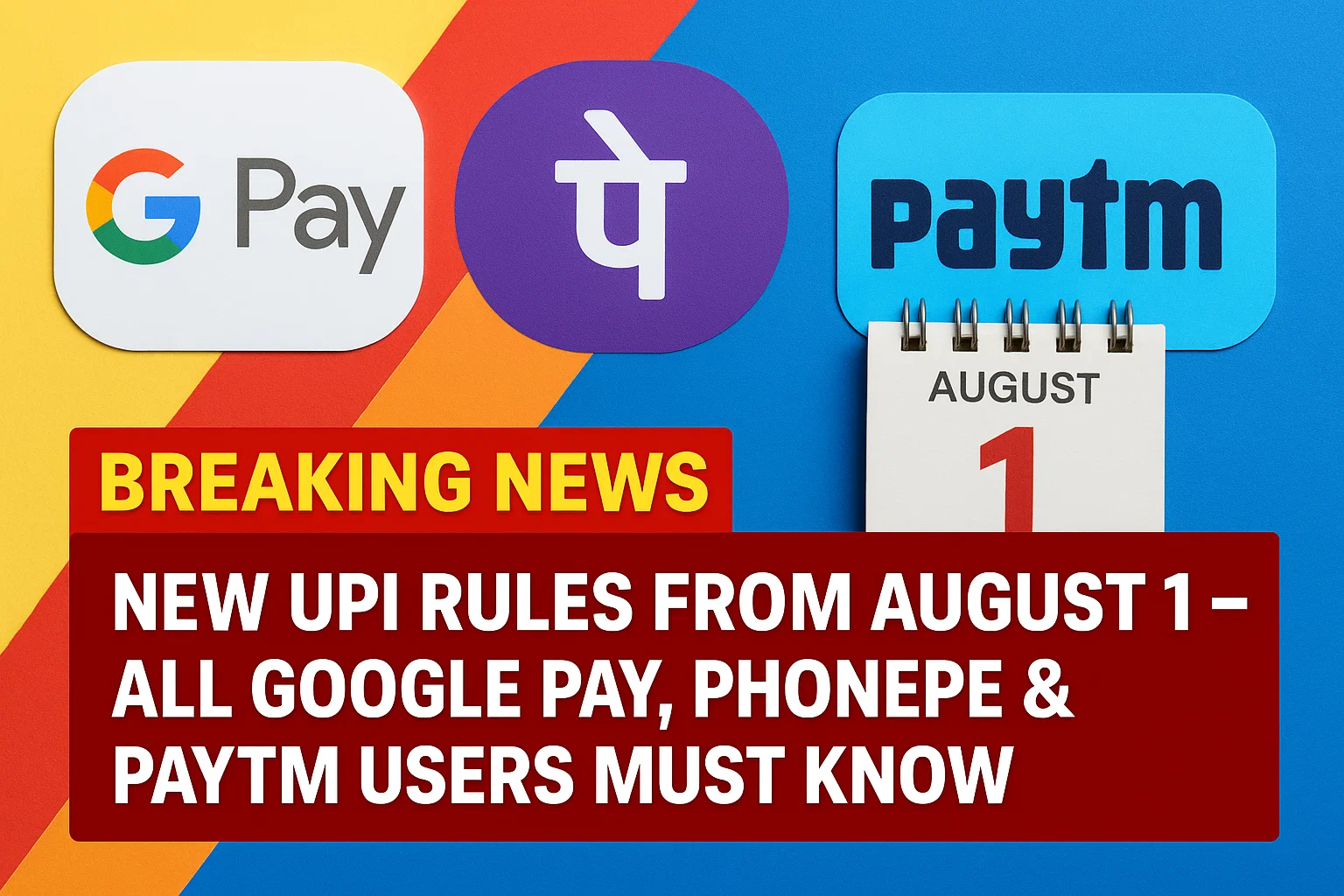The wait is finally over for lakhs of central government employees. The buzz around the 8th Pay Commission has taken a serious turn with the government officially replying to a question raised in Parliament. According to the response, discussions and groundwork are underway for a potential implementation of the 8th Pay Commission. If approved, this change will directly impact salaries from January, bringing a much-awaited financial relief to employees and pensioners alike.
Government staff, including teachers, railway employees, and other central workers, have long been demanding the formation of a new pay commission. After the 7th Pay Commission, which was rolled out in 2016, this next upgrade could redefine the salary structure for millions across India. Here’s everything you need to know about this major development.
What is the 8th Pay Commission?
The 8th Pay Commission is the proposed system to revise the salaries, pensions, and allowances of central government employees. Pay commissions are set up periodically to assess economic changes and living costs.
The 8th Pay Commission is anticipated to bring a fresh wave of salary revisions, considering inflation and the rising cost of living. It’s expected to introduce changes in basic pay, allowances, and pension benefits for both active and retired employees. While nothing is officially confirmed, the written reply in Parliament marks the beginning of the conversation.
When Will the 8th Pay Commission Be Implemented?
There is no official confirmation on the exact date of implementation yet. However, based on the latest update, the government has acknowledged the need for salary revision and is reviewing the matter seriously.
If all goes well, many experts anticipate that the revised pay structure under the 8th Pay Commission could be implemented starting January. This timeline is in line with earlier practices, where revisions took effect at the beginning of the calendar year.
Key Benefits Expected Under the 8th Pay Commission
If the new commission is approved, here are some benefits expected to be part of the framework:
- Revised basic pay structure for all pay bands
- Enhanced Dearness Allowance (DA)
- Improvement in House Rent Allowance (HRA) rates
- Better pension schemes for retirees
- Streamlined promotion and increment rules
These potential reforms could improve not just monthly income but also long-term financial security for government employees.
Why Is There a Demand for a New Pay Commission?
Since the implementation of the 7th Pay Commission, inflation has increased significantly. Employees argue that their salaries haven’t kept pace with the rising cost of essentials.
Additionally, many employees believe that a 10-year gap between commissions creates an imbalance in income versus expenditure. A new pay structure would help align salaries with current economic realities.
Government’s Stand on the 8th Pay Commission
In a written response in Parliament, the Ministry of Finance stated that the matter is under consideration. While this doesn’t confirm immediate action, it’s a signal that the demand has been noted.
Officials also noted that instead of forming a commission every decade, they may consider a performance-linked pay system. This could ensure timely revisions based on real-time economic data and employee efficiency.
Who Will Benefit From This Update?
The primary beneficiaries of the 8th Pay Commission will include:
- Central Government Employees
- Pensioners and Family Pensioners
- Autonomous Body Staff
- Teachers in Central Universities and Kendriya Vidyalayas
The changes may later be extended to state government employees as well, depending on each state’s policy framework.
How Will Salaries Change After Implementation?
Based on previous pay commissions, salaries could see an increase between 20% to 30%. The basic pay of entry-level employees may go up by several thousand rupees.
The revised pay matrix could also introduce changes in pay grade classifications, promotion cycles, and DA multipliers. However, actual figures will be known only after the commission is formally announced and its recommendations accepted.
Possible Challenges in Implementation
While the move is largely welcomed, there could be logistical and financial challenges. Budget allocations, implementation timelines, and inflation forecasting will play crucial roles.
The government would need to ensure that the new salary structure doesn’t adversely impact fiscal targets. Balancing employee benefits with economic stability will be the key challenge.
Frequently Asked Questions (FAQs)
- What is the 8th Pay Commission?
- It is a proposed commission to revise the salaries, pensions, and allowances of central government employees.
- When will the 8th Pay Commission be implemented?
- Though no date is confirmed, many experts expect a January rollout if approved.
- Will the new commission include pensioners?
- Yes, the recommendations are likely to cover both current employees and retired staff.
- What salary hike can be expected?
- Salaries could increase by 20% to 30% based on previous trends.
- What did the government say in Parliament?
- The government acknowledged the demand and confirmed the matter is under active review.
Conclusion
The official acknowledgment of the 8th Pay Commission by the government has brought new hope for millions of employees and pensioners. While full details are still awaited, the signs point to a positive outcome, potentially from January. This step could help bridge the income gap and address inflation-related concerns.









